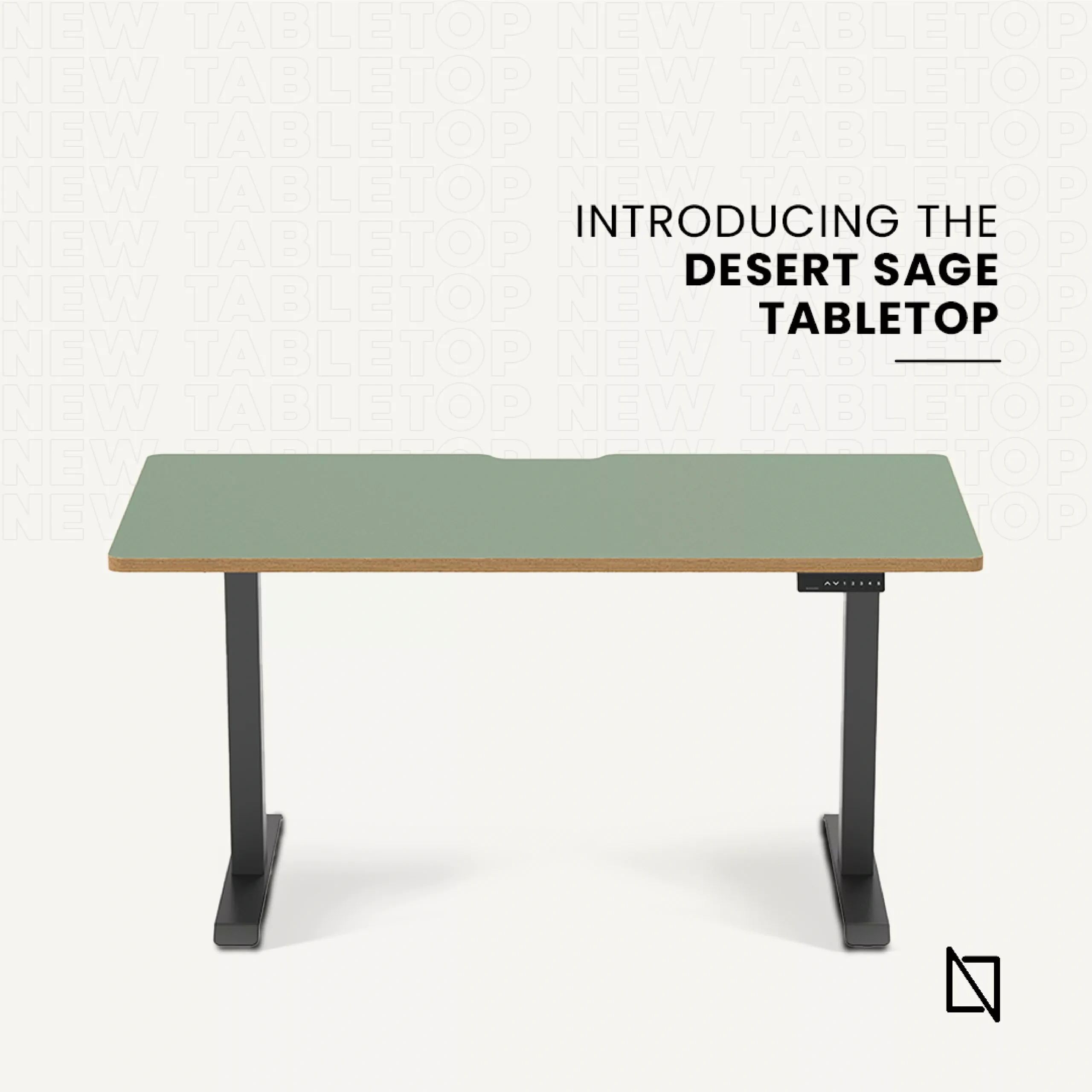
As the nature of work continues to evolve, so does the design and functionality of office furniture. Modern office furniture should be aesthetically pleasing and also promote comfort, productivity, and well-being. Find here must-have features to consider when selecting contemporary office furniture.
Ergonomic design:
Ergonomics is essential in modern office furniture, as it directly impacts employee comfort and health. Ergonomically designed chairs and desks support proper posture and reduce the risk of musculoskeletal disorders. Look for features like adjustable seat height, lumbar support, and armrests that allow users to customize their seating position for optimal comfort.
Height adjustability:
Height adjustable desks are becoming increasingly popular in modern workspaces. This feature allows users to switch between sittings and standing throughout the day, promoting better posture and reducing the risks associated with prolonged sitting. Height adjustability encourages movement and flexibility, helping employees maintain energy levels and focus.
Storage solutions:
With the rise of remote work and flexible office layouts, efficient storage solutions are vital. Modern office furniture should include integrated storage options, such as drawers, shelves, and cabinets, to keep the workspace organized. Multi-functional furniture, like desks with built-in storage or modular systems, helps increase space while providing easy access to essential items.
Sustainable materials:
Sustainability is a significant consideration in modern office design. Furniture made from eco-friendly materials, such as recycled or responsibly sourced wood, bamboo, or metal, reduces environmental impact. Choosing sustainable options benefits the planet and also improves the overall appeal of the workspace, reflecting a company’s commitment to corporate social responsibility.
Aesthetic versatility:
Modern office furniture should blend smoothly with various design styles and adapt to changing trends. Look for pieces that offer aesthetic versatility, such as neutral colors and minimalist designs. This allows for easy integration into different office environments, whether corporate, creative, or casual, while maintaining a professional appearance.
Technology integration:
In today’s digital age, modern office furniture must accommodate technology smoothly. Desks and workstations should have built-in cable management systems to keep cords organized and out of sight. Additionally, furniture that includes integrated charging ports, USB connections, and wireless charging pads can improve productivity by providing easy access to power sources.

